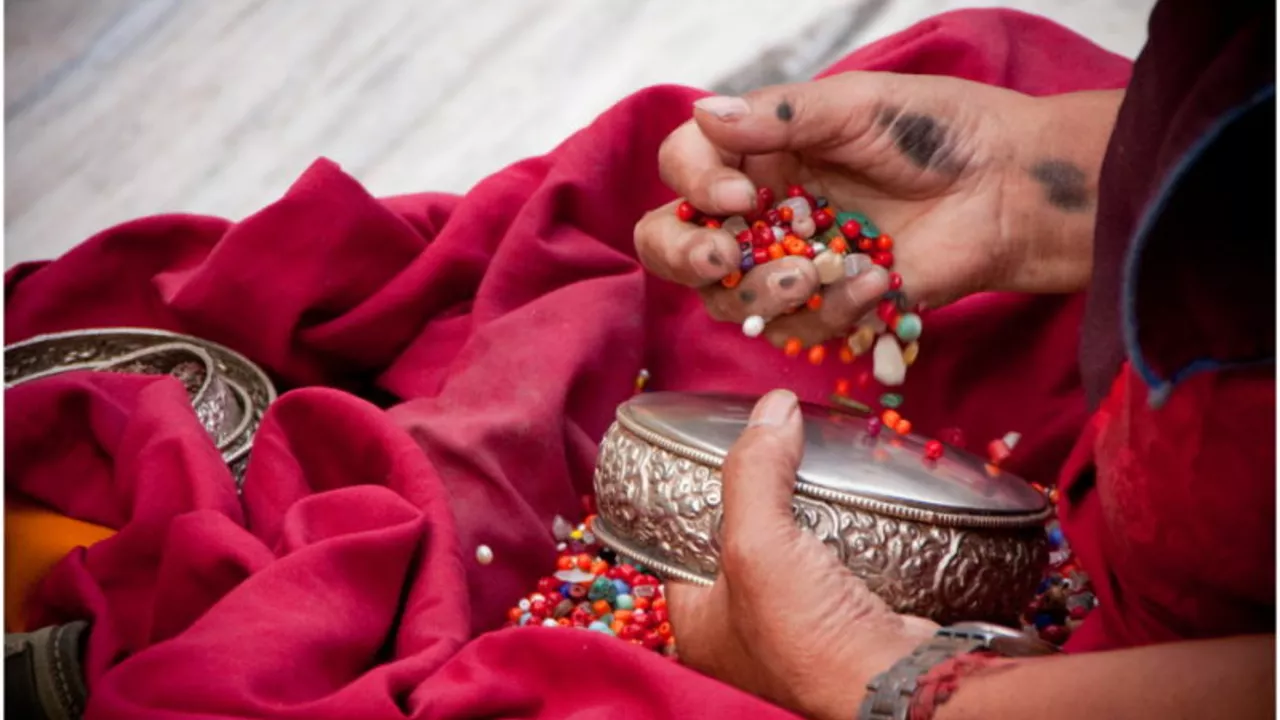Cultural Values: What Shapes Everyday Life in India
India is a mix of old ideas and new habits. The way people think, act, and celebrate comes from centuries‑old values that still matter today. If you want to understand why Indians greet each other with a "Namaste" or why food is shared at every gathering, start with the core values that drive these actions.
Family and Community
Family isn’t just a household; it’s a network that stretches across villages, cities, and even oceans. Children are taught early to respect elders, and decisions often involve the whole clan. This sense of belonging shows up in everything – from picking a career to choosing a marriage partner. When you visit a home, you’ll notice photos of grandparents on the wall, and meals are prepared for more than just the immediate family.
Community ties go beyond blood. Neighbors look out for each other, and local festivals become a chance to reinforce those bonds. In many towns, a community leader or a local priest may mediate disputes, keeping the group’s harmony intact. This collective mindset also shapes how Indians react to national news – there’s a strong feeling of shared destiny.
Festivals and Food
Festivals are the heartbeat of Indian cultural values. Whether it’s Diwali’s lights, Eid’s charity, or Christmas’s carols, each celebration teaches lessons about generosity, gratitude, and togetherness. The rituals may differ, but the underlying message stays the same: give, share, and remember where you came from.
Food is another classroom for values. A simple plate of samosa or a feast of biryani carries stories of regional spice blends, family recipes, and hospitality. When a guest arrives, the host instantly feels the duty to offer the best they have – a practice that reinforces respect and kindness.
Even everyday snacks have a cultural punch. Finding Indian snacks in America often involves a trip to a local Indian store or a quick online search. The effort reflects the value placed on staying connected to one’s roots, no matter where you live.
Modern life adds twists to these traditions. Young Indians juggling tech jobs and traditional expectations might feel pulled in two directions. Yet many find creative ways to blend the old with the new – like streaming a live puja on a smartphone or sharing family recipes through social media.
Workplace culture also mirrors these values. Respect for hierarchy, emphasis on teamwork, and a preference for consensus-driven decisions stem from the same communal mindset you see at home. When an Indian entrepreneur talks about building a startup, they often mention the support of family and community as a key factor.
Religion, too, threads through daily actions. Whether it’s a quick prayer before a meeting or a ceremonial rite of passage, spiritual practices reinforce moral codes like honesty, humility, and compassion.
Education is viewed as a gateway to honor the family’s sacrifices. Parents push for good grades not just for personal success, but to lift the entire family’s standing. This collective ambition fuels many of India’s rapid growth stories.
In short, cultural values in India aren’t static museum pieces; they’re living guidelines that adapt to new challenges while keeping the core spirit intact. Understanding them helps you make sense of everything from a bustling market to a quiet family dinner.

What is the most important thing in an Indian's life?
Alright my friends, let's delve into the fascinating world of Indian culture! The question of the day is, "What is the most important thing in an Indian's life?" Now, I know you're expecting me to say curry or Bollywood, but hold onto your chai! The answer is surprisingly simple: it's family. Yes, for Indians, families are the real 'Garam Masala' - the spicy mix that gives life its flavor! They are the heart and soul of every celebration, decision, and daily routine. So, next time you think about India, imagine a grand, colorful family gathering, not just the aroma of biryani!
View more